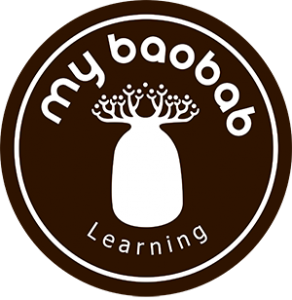During the global financial crisis, millions of people are feeling the effects in their budget and personal finances. Many are finding it challenging to cover their basic necessities leaving a large number of people living hand to mouth.
Savings has become important for many and more young people are finding alternative means to start saving in groups. Pardner, also known as pardna, is a type of savings scheme that originated in the Caribbean, and made its way to the UK with the Windrush generation.
When the Windrush generation began to arrive in UK in the1950s, institutionalised racism in the banking system, prevented Caribbean and African people from getting access to bank services and loans. The pardner scheme helped them save money to make big purchases like homes in the UK.
It is very easy to start a partner. All you need is a group of people you trust to make an agreed payment each week or month and setup a payment rota. The combined amount that is paid out each week or month is called a hand, and the person who organises the pardner and collects the money is called the banker. The banker hands over all the contributions in a week or month, called the draw, to the person whose turn it is to get paid.
This system is commonly practiced by close communities friends and family but can be practised amoung any group. The community aspect is very important as the Partner system is based on trust and communal accountability.
The pardner system is practised all over the world. Here is a list of some of the countries it is practiced in and the names it is known by:
West Africa- Susu, Sou Sou or Osusu
Caribbean- Susu
Jamaica- Pardner or Pardna
Africa (Various Locations) – Likelemba
Latin America/ Mexico- Tanda
Asia- Hui
Peru- Juntas
South Africa- Stokvel
Pakistan – Committee or Quiniela
El Salvador and Guatemala- Cuchubales
Chile- Pollas
Indonesia- Arisan
Brazil- Pandeiros
Philippines- Paluwagan
Click the button below for the related BBC video:


